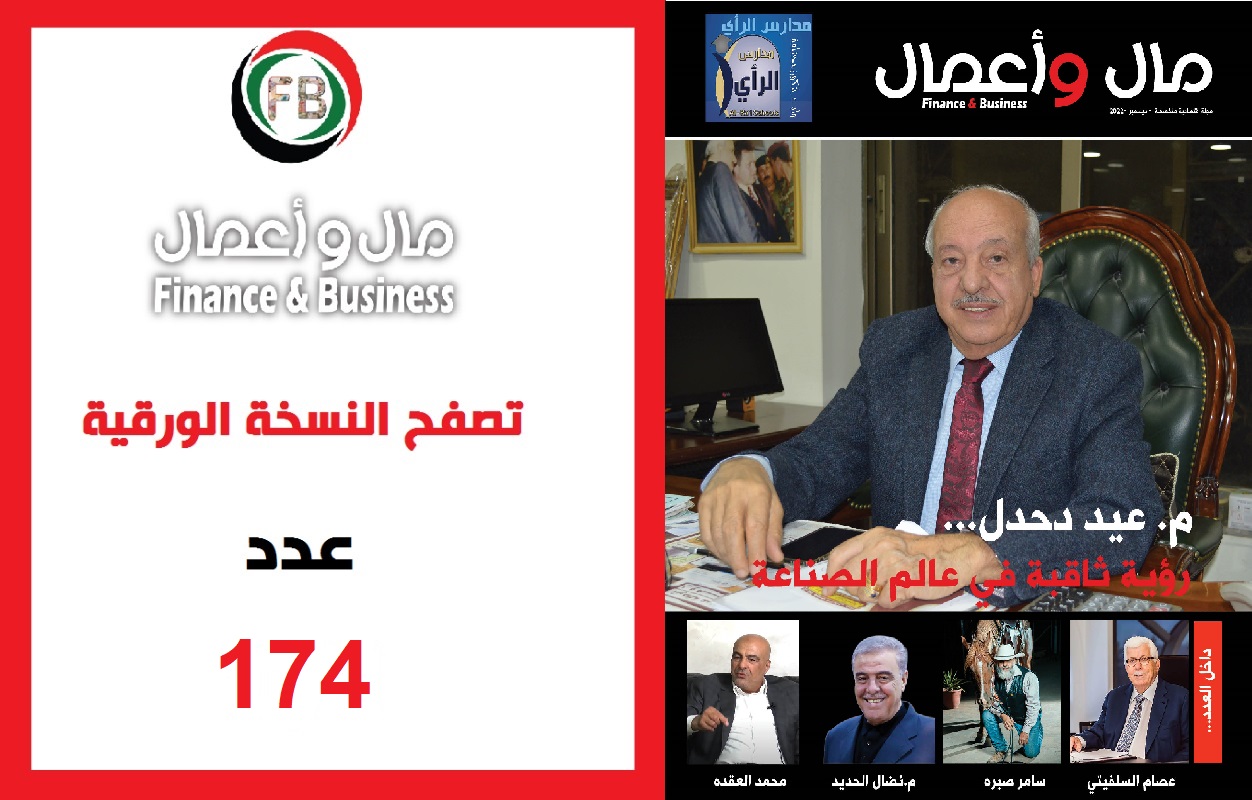
Increased infrastructure spending could bode well for the UAE economy, finds the latest Q4 edition of Global Economic Conditions (GECS) from ACCA (the Association of Chartered Certified Accountants) and IMA (Institute of Management Accountants).
The UAE GECS survey found overall economic confidence higher in Q4, recovering some of the ground lost in Q3.
Lindsay Degouve de Nuncques, head of ACCA Middle East, believes there is further optimism with the economy likely to perform relatively strongly over the next year or so, saying: “Volatility in oil prices may be a drag on the economy but strong fundamentals mean fiscal policy will not need to be tightened dramatically. In addition, the US dollar has lost upward momentum as interest rate expectations have fallen, limiting the degree of additional monetary tightening by the GCC economies.”
“In addition, increased spending on infrastructure projects, including for the World Expo in 2020, will underpin growth. Indeed, it is notable there was a sharp improvement in the government-spending sub-component, while the new orders sub-component was stable.”
She continued “elsewhere in Saudi Arabia, a major factor affecting the economy is the recent Organisation of the Petroleum Exporting Countries (OPEC) production cuts. The recent fall in oil prices is likely to lead to a decline in government revenues, and government spending may come under pressure as a result.”
Hanadi Khalife, Director, MEA and India operations at IMA commented: “The results of the survey show increasing business confidence in the Middle East which has been stimulated by UAE’s spending on its infrastructure. This falls in line with the objectives set by the government to achieve the UAE Vision 2021.”
“The real GDP growth is expected to accelerate in the UAE over the next few years, affected by the non-stop construction activities ahead of Expo 2020. Estimates show that infrastructure investments are playing a key role in driving the growth of the local economy that is increasingly relying on non-oil activities.”
The report shows that government spending is at a multi-year high and this is particularly focused on diversifying regional economies and driving sustainable economic development.”
Globally, economic confidence fell for the third consecutive quarter in Q4 2018, ending the year at an all-time low.
Speaking of the global results, Narayanan Vaidyanathan said: “Economic confidence over 2018 has been turbulent, with end of calendar year results downbeat compared to the start of 2018. It’s been interesting to look back at the GECS from the start of 2018, when we recorded economic confidence at its highest since the first survey was issued assessing Q1 2009. Last year was clearly a roller-coaster ride and the outlook for 2019 is also uncertain.”
The global poll of 3,800 accountants shows that all key regions recorded a negative confidence score with signs of growth weakening in the world’s three biggest economies – the US, China and the Eurozone.
The survey reveals respondents to be pessimistic about the outlook ahead, with the lowest scores recorded in Western Europe and the Caribbean. The least pessimistic part of the global economy was again South Asia, followed by Africa and North America.
GECS Q4 shows:
• The biggest concern for respondents was again rising costs, with 55% citing this as an issue.
• 47% of respondents globally are considering laying off staff, with just 18% considering taking on new workers.
• 39% of respondents are considering scaling back investment in new capital projects, compared with just 16% who are looking to increase investment in new projects
• the possibility of suppliers going out of business being a concern for just 12% of respondents – unchanged from Q3.
المصدر : https://wp.me/p70vFa-u3u




















